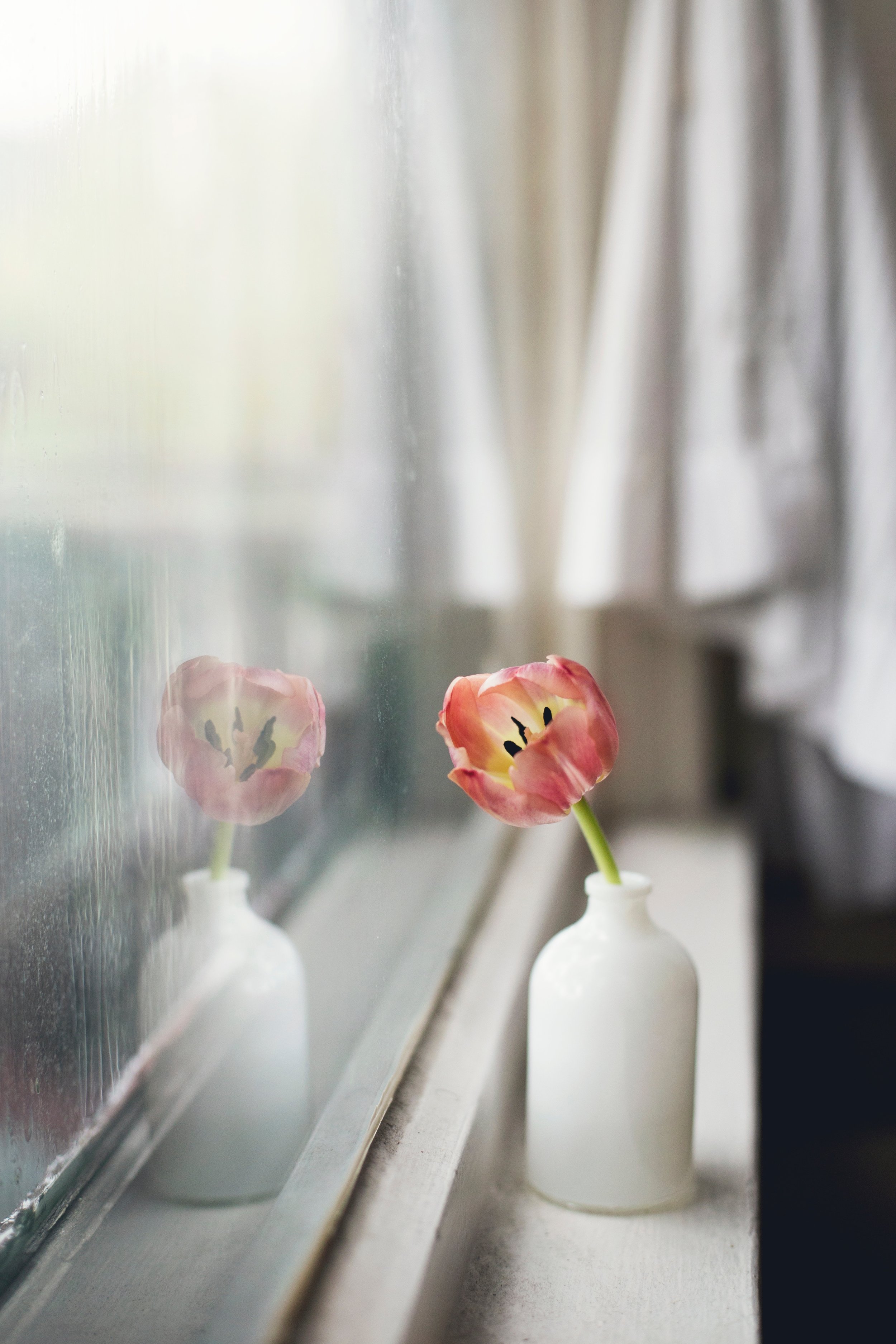As the calendar year draws to a close, it’s natural time for reflection. In mindfulness practice, we talk a lot about the present moment: “let go of the past, give up the future,” “be in the present,” etc. Yet a key part of mindfulness practice is using awareness to learn from the past. Being in the moment is only useful if it includes a willingness to evaluate the results of our actions, learn from our mistakes, and make better decisions going forward.
Learning from our actions is how we develop wisdom, the ability to discern what’s helpful from what’s harmful – for ourselves and the world around us. The more willing we are to look honestly at our lives, the more opportunities we have to grow in wisdom.
I’d like to share with you a process for using mindfulness to reflect in this way. Listen to the guided meditation, or read the suggestions below.
A Guided Reflection
Begin by taking some time to feel the sensations of your body sitting or breathing. As your attention settles, turn your mind to consider how things have gone this year. What have you done or said that’s been beneficial, that’s met your own or others’ needs?
How does it feel to have acted in line with your values? Take some time to feel this in your body. Let yourself be nourished by the experience.
Next, turn your attention to other side of the equation. Where did you fall short of your values? Try to make specific observations, rather than broad generalizations. How do you feel when you recall those words or actions? What needs of yours weren’t met by those choices? And, what needs you were trying to meet when you did or said something that wasn’t helpful?
This is less of a discursive process than a reflective inquiry. We don’t need to go hunting for mistakes. Instead, simply listen inwardly with a spirit of curiosity, humility, and a willingness to learn. If we are genuine in our intention to understand, that sincerity will guide us. Our hearts know when we’ve been out of integrity. (For a guided meditation on identifying needs and values, see here).
One Essential Ingredient
image: Kari Shea
There’s an essential ingredient needed to do this: kindness. We can be so hard on ourselves. Yet learning happens best under supportive, caring conditions.
Life is messy. We say or do things we wish we could take back. We let ourselves down. Allowing ourselves to feel the sadness and regret in relation to these moments is precisely how we develop the sensitivity and strength to do things differently in the future. Remorse need not be a cause for shame or guilt; when held properly, it is a catalyst for wisdom.
Instead of sinking in recrimination or self-criticism, we can find the resilience to hold these moments with tenderness. From the experience of honest remorse, forgiveness and compassion are born. When we accept the results of our actions, our hearts grow lighter. Through acknowledging our own challenges, we develop understanding of ourselves and compassion for others.
Moving Forward
So as the year draws to a close, I invite you to take some time to reflect. What’s been going well? Where are you thriving? Where do you want to continue giving energy? And what areas require more attention, care, or restraint? What requests might you have of yourself that would bring more happiness and well-being into your life and the lives of those around you?
May we each have the courage to see ourselves clearly, and the wisdom to use our time and energy well.


